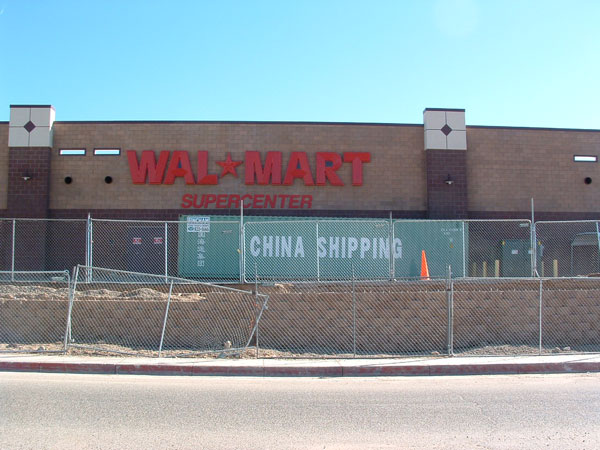John Whitehead’s green jobs freight train has apparently completely burned its brakes on the run out of the mountains, and is hurtling headlong toward we know not what. In this morning’s epistle, Whitehead quotes a Forbes listing of the new green jobs (Could Forbes really misunderstand macroeconomics? This being a blog and not real journalism, (update: see addendum below) I never actually clicked through to find out.) and adds this:
In a standard benefit-cost analysis of an environmental policy that leads to the creation of jobs such as emissions brokers, bio-mimicry engineers, sustainability coordinators and green architects, the cost of these jobs (i.e., wages, salaries and benefits) would go in the cost column. Government policy raises the cost of doing business. Some of these costs are passed on to consumers in the form of higher prices.
These costs, (1) reductions in profit (i.e., producer surplus) and (2) higher prices (i.e., lost consumer surplus) would be compared against the environmental quality benefits (e.g., the value of improved health, better recreational opportunities) that the policy generates in order to determine if the policy is economically efficient (i.e., net benefits are positive).
Based on my climate-economics intuitions, the net benefits are clearly positive, but it’s worth remembering Whitehead’s point that all those jobs (of which my job might properly be described as one) really belong in the “cost” column.
addendum: A reader points out in a thoughtful email how totally bogus my observation about the blog-journalism distinction was. It was an attempt at self-deprecating humor, but fails to acknowledge the important point that many blogs do do real research, and many journalists don’t. In my case, I’ll cheerfully toss off asides like my Forbes point on my Inkstain blog – which I view as a sort of sketchbook – that I never would on my work blog or in print, because I hold myself there to a different standard. But sometimes I do real research for Inkstain too. Other bloggers and journalists set their own standards, and I should not have so generalized.


